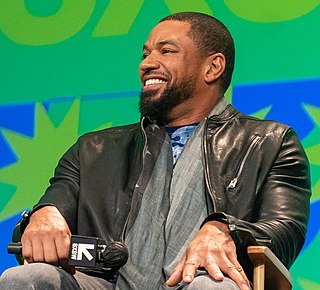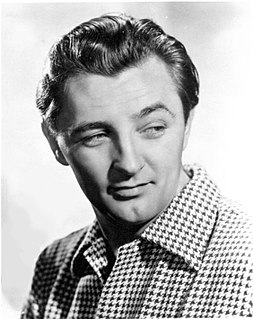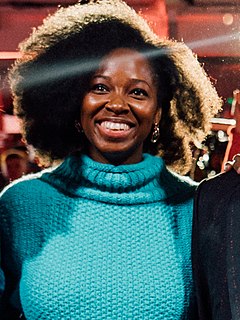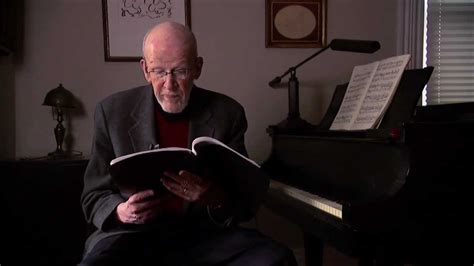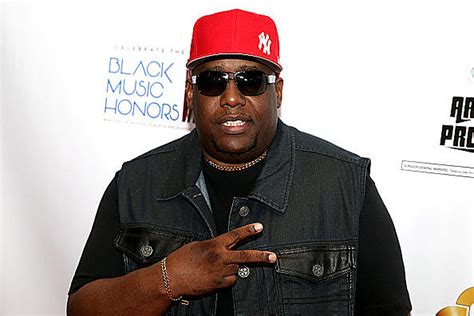A Quote by Zach Braff
When you're the director and the writer, you never have to remember your lines, and there's no one to call you on it. On Garden State I did different lines on every take, just making crap up. And it was great each time.
Related Quotes
As soon as I start to write I'm very aware, I'm trying to be aware that a reader just might well pick up this poem, a stranger. So when I'm writing - and I think that this is important for all writers - I'm trying to be a writer and a reader back and forth. I write two lines or three lines. I will immediately stop and turn into a reader instead of a writer, and I'll read those lines as if I had never seen them before and as if I had never written them.
Growing up in D.C. there are so many different types of educational and professional levels. They call D.C. 'Chocolate City' but just because we're all chocolate doesn't mean we're all the same. In D.C., everyone co-exists harmoniously but the lines are still drawn. And people don't really step over those lines.
I think if a writer is not endeavoring to expand and alter consciousness in himself and in his readers, he is not doing much of anything. It is precisely words, word lines, lines of words and images, and associations connected with these word and image lines in the brain, that keep you in present time, right where you are sitting now.
It is probably true quite generally that in the history of human thinking the most fruitful developments frequently take place at those points where two different lines of thought meet. These lines may have their roots in quite different parts of human nature, in different times or different cultural environments or different religious traditions: hence if they actually meet, that is, if they are at least so much related to each other that a real interaction can take place, then one may hope that new and interesting developments may follow.
I came to the destruction of volume by the use of the plane. This I accomplished by means of lines cutting the planes. But still, the plane remained too intact. So I came to making only lines and brought the colour within the lines. Now the only problem was to destroy these lines also through mutual oppositions.
Time and space are absolute. Diseases are evil spirits that inhabit the body. Parallel lines never meet. The earth is the center of the universe. Children are miniature adults. At one time in history each of these beliefs was generally held to be true. Each, however, gave way to different ideas and even different world views.
I've always been - as a teacher, as graduate student, as a student, and I think, really, as a child - I've been interested in poems, but not so much for what the take home pay is, what you might sum up from them in moral or intellectual terms or whatever, but what's in the certain lines and how lines relates to other lines.



